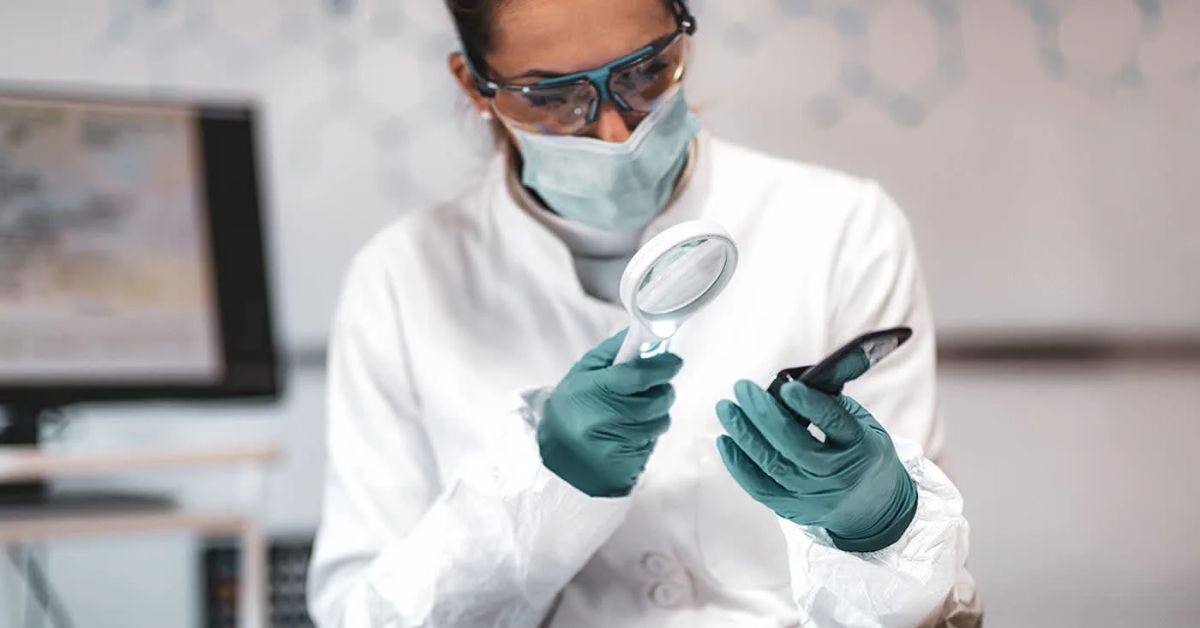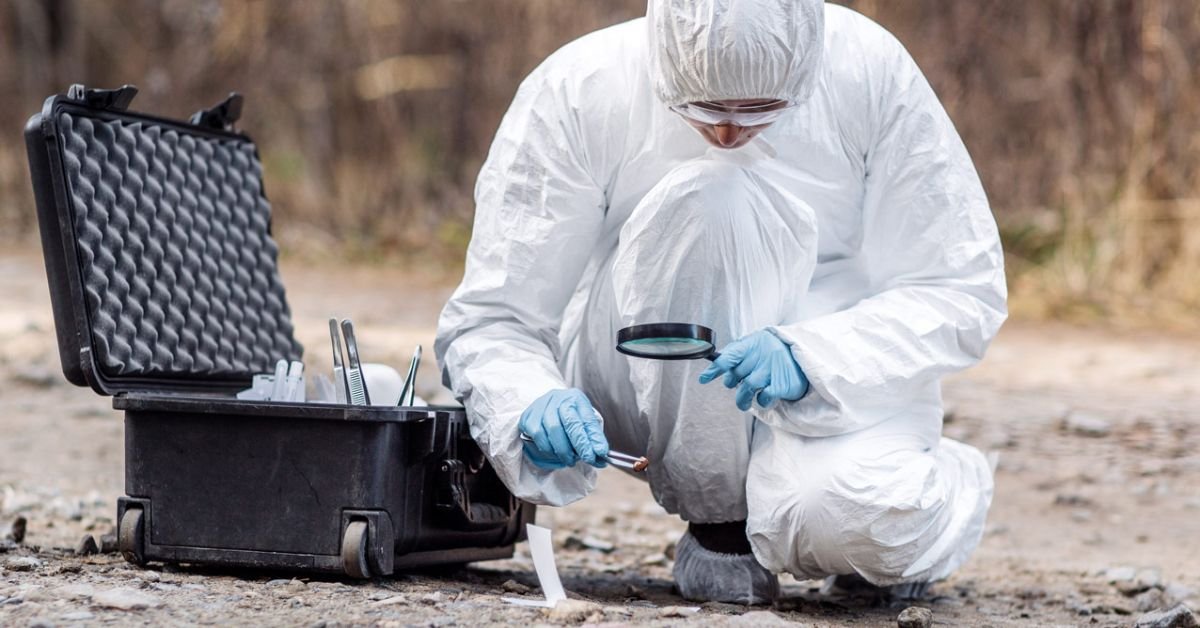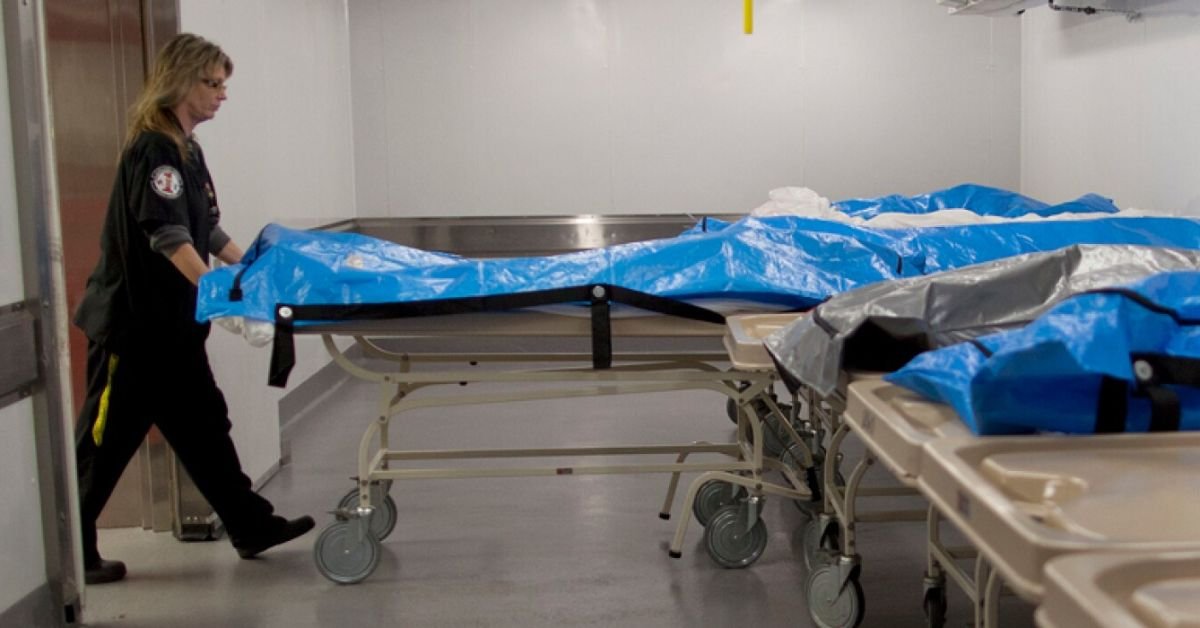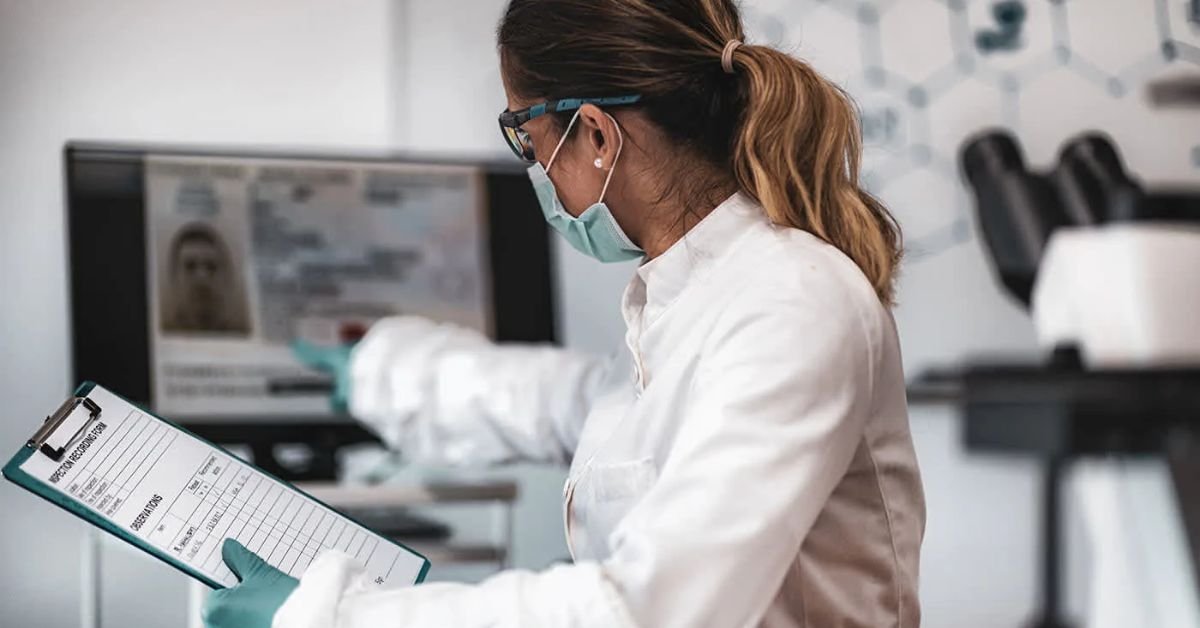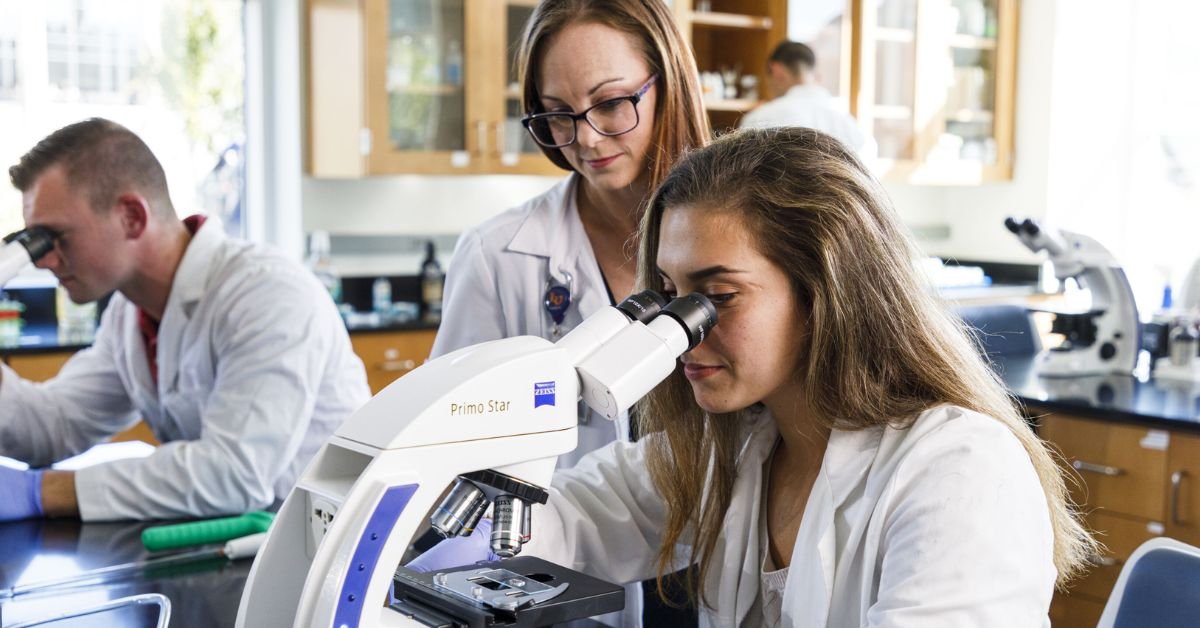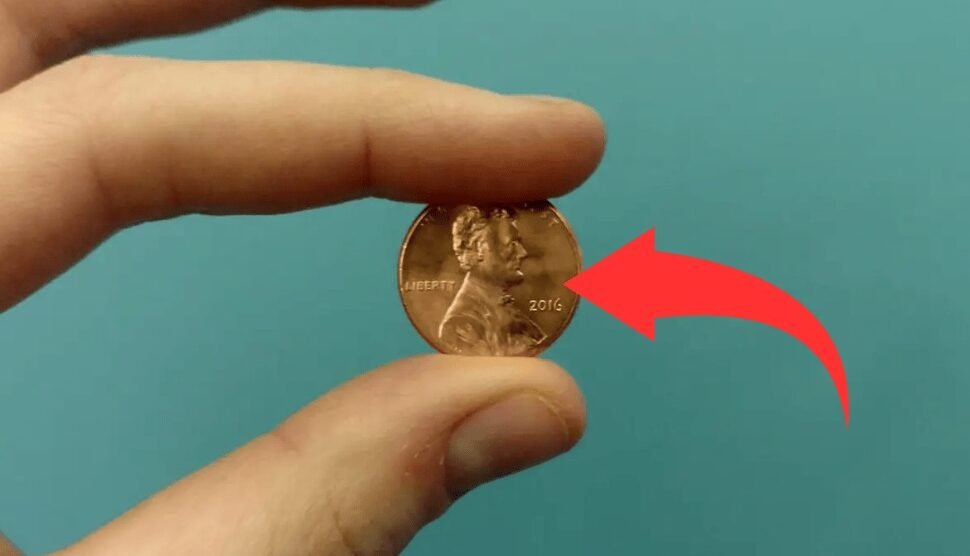Forensic careers in Florida encompass a diverse array of roles within the fields of criminal justice, public safety, and scientific investigation. Individuals interested in pursuing forensic employment in the state must meet specific educational and professional qualifications, depending on the nature of the role—whether it be forensic pathology, crime scene investigation, toxicology, digital forensics, or laboratory analysis.
This article provides a comprehensive guide on how to apply for a forensic job in Florida, detailing the types of positions available, legal and educational requirements, application procedures, and resources for job seekers.
Overview of Forensic Careers in Florida
The term “forensic job” refers to any occupation that involves the application of scientific methods and techniques to matters of criminal or civil law. In Florida, forensic jobs may be found in public institutions such as:
- Florida Department of Law Enforcement (FDLE)
- County medical examiner offices
- Local law enforcement agencies
- Crime laboratories
- State and federal courts
- Academic or research institutions
The most common job titles include forensic pathologist, forensic scientist, crime scene investigator (CSI), toxicologist, latent print examiner, DNA analyst, firearms examiner, and digital forensics specialist.
Legal and Regulatory Framework
Many forensic roles in Florida are governed by state and federal laws, as well as by professional standards set by accrediting agencies. For example, forensic scientists working in crime laboratories are subject to the standards established by the American Society of Crime Laboratory Directors/Laboratory Accreditation Board (ASCLD/LAB), while forensic pathologists must comply with licensing requirements under Florida Statutes Chapters 458 and 459.
Additionally, employment with a state agency such as FDLE requires compliance with civil service regulations and background checks pursuant to Chapter 943, Florida Statutes.
Step-by-Step Process to Apply for Forensic Jobs in Florida
Step 1: Identify the Type of Forensic Role
Before applying, candidates should determine which forensic discipline aligns with their education, training, and interests. Below is a summary of common forensic roles and their typical requirements.
| Forensic Role | Minimum Education Required | Common Employer |
|---|---|---|
| Forensic Scientist | Bachelor’s in forensic science, biology, or chemistry | FDLE, crime labs |
| Crime Scene Investigator | Associate’s or Bachelor’s in criminal justice or related field | Local law enforcement |
| Forensic Pathologist | M.D. or D.O., plus pathology fellowship | Medical examiner’s office |
| Digital Forensics Analyst | Bachelor’s in computer science, cybersecurity | FDLE, police cyber units |
| Toxicologist | Bachelor’s or Master’s in chemistry, pharmacology | State labs, ME offices |
Step 2: Acquire Required Education and Certifications
Most forensic positions require a minimum of a bachelor’s degree in a relevant field. In specialized fields such as forensic pathology or toxicology, graduate or professional degrees are required. Some roles may also require certification from recognized bodies such as:
- American Board of Criminalistics (ABC)
- International Association for Identification (IAI)
- American Board of Forensic Toxicology (ABFT)
- American Board of Pathology (ABPath)
Certifications improve job competitiveness and, in some cases, are mandatory for employment or advancement.
Step 3: Search for Available Positions
The most authoritative source for state forensic job openings in Florida is the Florida Department of Law Enforcement (FDLE) Jobs Portal. Additional sources include:
- People First (State of Florida jobs)
- USAJOBS.gov – for federal forensic roles
- County sheriff or medical examiner websites (e.g., Miami-Dade ME)
- Indeed, LinkedIn Jobs, and other career portals
Positions are usually listed with job descriptions, required qualifications, salary ranges, and application deadlines.
Step 4: Prepare Application Materials
Applicants should prepare the following documents as part of the standard forensic job application process:
- Professional résumé (highlighting technical and investigative experience)
- Academic transcripts
- Professional certifications (if applicable)
- A tailored cover letter addressing the job requirements
- Letters of recommendation (for some specialized positions)
In some cases, applicants may also be required to complete a skills test, physical assessment, polygraph, or psychological evaluation, especially when applying to law enforcement agencies.
Step 5: Submit Applications and Monitor Status
Applications for forensic jobs with state agencies are generally submitted through the People First system or agency-specific portals. It is advisable to track the status of submitted applications and to check regularly for updates or requests for additional documentation.
Candidates may be required to attend interviews, demonstrate technical proficiency, or participate in panel evaluations depending on the position’s complexity.
Step 6: Background Screening and Pre-Employment Requirements
Most forensic positions in Florida involve handling sensitive data, biological evidence, or criminal justice materials. Therefore, candidates are typically subject to:
- Fingerprinting
- Drug screening
- Criminal background check (per Fla. Stat. § 943.13)
- Employment verification
- Review of professional conduct records
For positions involving sworn law enforcement status, additional academy training or state certification through the Criminal Justice Standards and Training Commission (CJSTC) may be required.
Additional Tips and Resources
Professional Development
Continuous education and training are essential for advancement in forensic careers. Professionals are encouraged to participate in workshops, forensic conferences, and certificate programs offered by:
- National Institute of Justice (NIJ)
- American Academy of Forensic Sciences (AAFS)
- Florida Division of the IAI
Internships and Entry-Level Opportunities
Students and recent graduates may explore internship or trainee programs through:
- FDLE Internship Program
- Local medical examiner offices
- University-affiliated forensic labs
Such programs provide practical experience and exposure to the operational environment of forensic agencies in Florida.
Conclusion
Applying for a forensic job in Florida requires a structured approach rooted in relevant education, credentialing, and awareness of agency-specific hiring processes. Opportunities exist across a range of forensic disciplines, including laboratory science, digital investigation, pathology, and crime scene analysis. By leveraging official job portals, pursuing required certifications, and preparing comprehensive application materials, candidates can position themselves for rewarding careers within Florida’s growing forensic science and criminal justice sectors.

